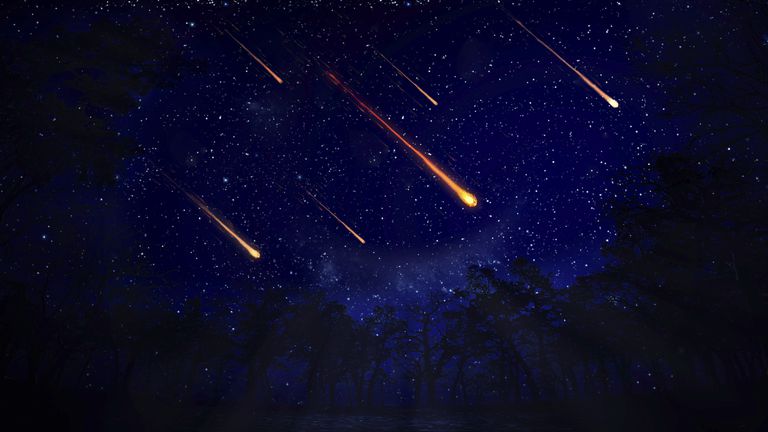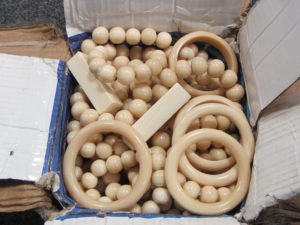Researchers hunting the seafloor off the Washington State have discovered remainders of a meteor that brightened the Pacific Northwest sky and dashed downward in March. The cosmic dust curator of NASA, Marc Fries, stated that the exploration yielded 2 small pieces, each around 2 mm. They might be tiny, but they signify a big find, said Fries.
He said, “Now we have specimens and we could not be more contented,” Fries said. The pieces should be scrutinized more closely to validate they originate from the meteor but he is positive. Fries said it is the foremost deliberate hunt for meteorites at the sea.
Weather radar was utilized by Fries and others to trace the splashdown around 16 miles off-coast of the Quinault Indian Nation village of Taholah. Around 8 hours search expedition was conducted with specialized tools by Fries and the team of the vessel Nautilus, run by the Ocean Exploration Trust.
The small fragments are similar to “melted rock pieces” from the meteor’s outside, said Fries. Meteorites are small pieces of material remaining from the solar system’s formation. Hundred of individuals had reported about the meteor in March on the Olympic Peninsula of Washington. The huge fireball dubbed a bolide, wobbled homes as well as made a perceptible sonic bang.
Fries said that whether this finding certifies as an official meteor find that will need titling, that remains up to the Meteorological Society. Generally, they need a complete meteor to be discovered prior to declaring a discovery.
According to another recent study, almost every meteorite that descends to Earth might eventually originate from half dozen or so lost worlds that splashed apart soon following the solar system’s birth. This discovery can elucidate the hazardous asteroids’ nature that might someday hit Earth, which may, in turn, divulge the best approaches to ward them off.





Be First to Comment